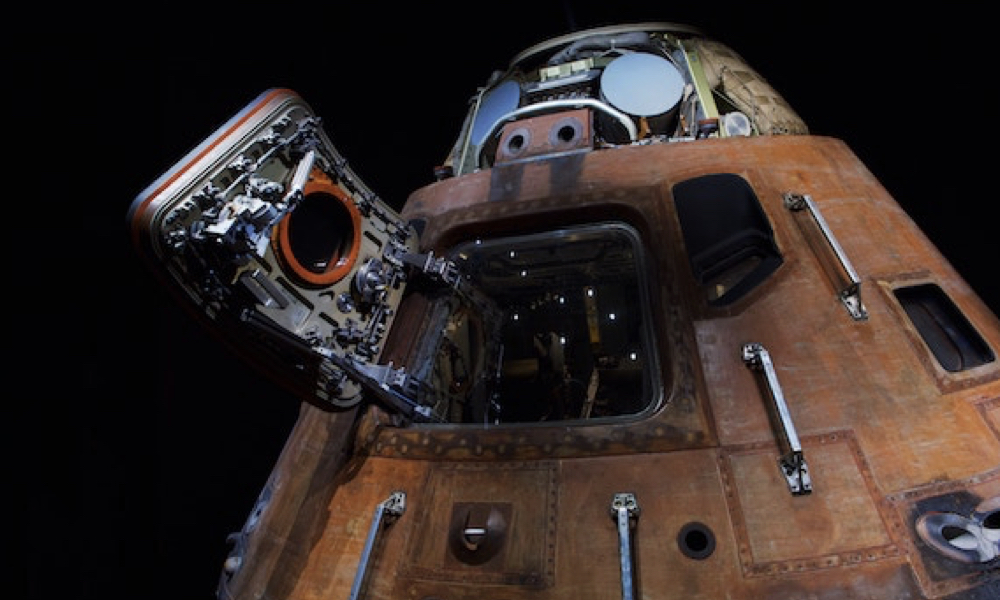
PROJECT TITLE: Efficient Power Management Systems for Autonomous Space Entities — EPMSASE
Coordinator: University POLITEHNICA of Bucharest (www.upb.ro) – Research Center for Spatial Information
Partners: Electrical Engineering Research and Design Institute (ICPE SA, www.icpe.ro)
Period: 29 November 2013 – 28 November 2015
Project director: Associate Professor Adriana Florescu
Project team:
- Florescu Adriana – Project Manager
- Radoi Constantin – Senior Researcher
- Florea Bogdan Cristian – Researcher
- Teodorescu Mihail Stefan – Researcher
- Oprea Sergiu (coordinated by Senior Researcher Dan Alexandru Stoichescu) – PhD student
- Savu Andrei (coordonated by Senior Researcher Dumitru Stanciu) – PhD student
- Roat Constantin – Project Responsible
- Gheorghe Georgescu – Senior Researcher
- Risnoveanu Gabriel – Senior Researcher
- Andrei Mihai-Iulian – Researcher
Description: This research project is focused on the PMSs (Power Management Systems) that use distributed power architecture and covers specific energy conversion techniques from alternative sources (Photovoltaic Panels, Fuel Cells, etc.), energy storage elements (batteries, super-capacitors, transformers), power-shedding algorithms as well as high-performance DC-DC conversion solutions.
Project objectives:
- to propose new energy management systems to sustain the demand for small satellites missions;
- to discover new topologies and/or control techniques of high performance & reliability DC-DC converters for critical space applications;
- to build new high-density magnetic components for DC-DC converters;
- to simulate and validate new batteries health management algorithms;
- to improve/discover special MPPT control algorithms for DC-DC converters handling the energy from alternatives sources such as PVs.
Activities:
- WP1 – Documentation and definition of experimental models requirements and preliminary concept. Algorithms simulation and evaluation
- WP2 – Implementation of the optional algorithms on experimental prototype. Validation, evaluation and final dissemination
Contributions to the STAR programme objectives:
STAR Programme aims to increase the competitiveness of research entities, industrial and academic participation in the European Space Agency (ESA), including prequalification activities and adapt to the ESA, as provided for by Law no. 262/2011 on Romania’s accession to the ESA Convention:
- to identify niches of research, technological and industrial at the national, European and international level in the selected domain, in this project meaning to finally build the prototype(s) of new energy management system for autonomous space entities
- to boost the competitiveness of coordinator (UPB-CEOSpace Tech) and partner(s) (ICPE SA), that will allow Romania to participate in ESA’s projects, according to Law No 262/2011 on Romania’s accession to the Convention ESA by:
- improving the connection between the Romanian entities in education and research with those in industry in power electronics applied in space;
- training multidisciplinary specialists at the highest level;
- increasing the levels of quality of basic research (fundamental) and process-orientated;
- developing and promoting national capacity for research, educational and industrial areas in space, aeronautic, security and other related areas.
- ROSA goals aligned to ESA goals in this project: Proposed title on ESA future competitions is “Optimised DC/DC power conversion and distribution techniques”
Homepage:
